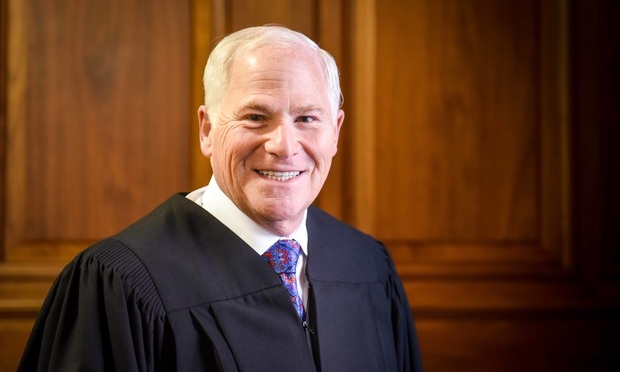I spent 8½ years as an administrative judge and have now completed my first year as Presiding Justice of the Appellate Division, Second Department. In these capacities, I have been involved in the administration of our state’s courts. There are many stakeholders with whom court administrators interact. These include our judges and their associations, our partners in government in the executive and legislative branches of the state and its municipalities, our own employees and their union representatives, district attorneys, law enforcement agencies, institutional criminal defense providers, and advocates concerned with particular issues, such as domestic violence prevention and adjudication, just to name some. But critical to our success is meaningful interaction with the organized Bar. It is important for court leaders, judges and lawyers to work together to ensure that the courts of our state promote and protect the rule of law and deliver equal and timely justice to all. Participation in the organized Bar affords some of the best opportunities for judges and lawyers to collaborate in addressing common issues and problems.
The day-to-day work of lawyers who litigate cases and the judges who decide those cases proceeds on separate tracks, with communication between lawyers and judges limited, in the main, to formal arguments, conferences and the submission of written papers, all focused on the resolution of the particular case at hand. When it comes to assessing from a broader perspective the state of our courts and the practice of law in New York, judicial administrators need the honest, candid and insightful perspectives of the attorneys in the trenches. No two lawyers ever think exactly alike and we all have different ways of looking at the same problems, borne out of our differing experiences. Rather than relying only upon ad hoc, and perhaps unrepresentative, input from those attorneys whom we happen to encounter, the views of the Bar are best gauged through the prism of our many bar associations, organizations which carefully synthesize the opinions and concerns of their members and develop thoughtful reports and recommendations in their representation of their members.
This content has been archived. It is available through our partners, LexisNexis® and Bloomberg Law.
To view this content, please continue to their sites.
Not a Lexis Subscriber?
Subscribe Now
Not a Bloomberg Law Subscriber?
Subscribe Now
LexisNexis® and Bloomberg Law are third party online distributors of the broad collection of current and archived versions of ALM's legal news publications. LexisNexis® and Bloomberg Law customers are able to access and use ALM's content, including content from the National Law Journal, The American Lawyer, Legaltech News, The New York Law Journal, and Corporate Counsel, as well as other sources of legal information.
For questions call 1-877-256-2472 or contact us at [email protected]


 Alan Scheinkman, Presiding Justice, Appellate Division, Second Department
Alan Scheinkman, Presiding Justice, Appellate Division, Second Department




